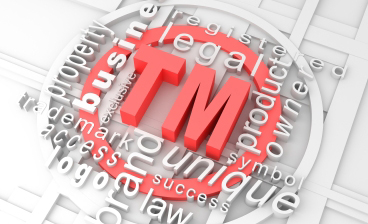
In general terms, intellectual property is any product of the human intellect that the law protects from unauthorized use by others. The ownership of intellectual property inherently creates a limited monopoly in the protected property. Intellectual property is traditionally comprised of four categories: patent, copyright, trademark, and trade secrets.
The products of the human intellect that comprise the subject matter of intellectual property are typically characterized as non-rivalrous public goods. Essentially, this means that the same product may be used simultaneously by more than one person without diminishing the availability of that product for use by others. In the words of Thomas Jefferson:
"If nature has made any one thing less susceptible than all others of exclusive property, it is the action of the thinking power called an idea, which an individual may exclusively possess as long as he keeps it to himself; but the moment it is divulged, it forces itself into the possession of everyone, and the receiver cannot dispossess himself of it. Its peculiar character, too, is that no one possesses the less, because every other possesses the whole of it. He who receives an idea from me, receives instruction himself without lessening mine; as he who lights his taper at mine, receives light without darkening me."
The law of intellectual property can be seen as analogous to the law of tangible property in that both consist of a bundle of rights conferred upon the property owner. However, the law of intellectual property is separate and distinct from the law of tangible property. Where the right of exclusive possession is at the core of the bundle of rights protecting real and personal property, land and chattels, the same can not be said of intellectual property. The law of intellectual property is commonly understood as providing an incentive to authors and inventors to produce works for the benefit of the public by regulating the public's use of such works in order to ensure that authors and inventors are compensated for their efforts.
We can help you protect your intellectual property by preparing and filing copyright and trademark applications, however, we do not currently handle "patent" work due to its complexity and necessity for legal specialization.
